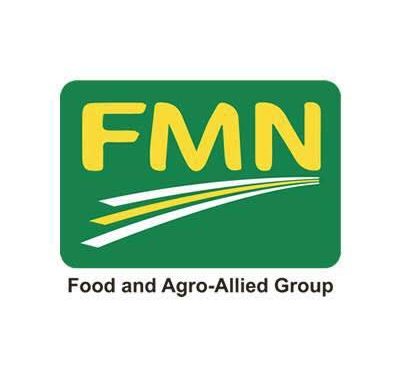The Federal Government’s ongoing drive to revitalise Nigeria’s grain storage infrastructure has recorded significant progress, with Flour Mills of Nigeria emerging as the leading private sector partner in the national silo concession programme. The initiative, spearheaded by the Minister of Agriculture and Food Security, is part of a broader strategy to boost grain availability, stabilise food prices, and advance food self-sufficiency across the country.
The silo revitalisation project stems from the 2017 concession plan approved by the Federal Government through the Infrastructure Concession Regulatory Commission (ICRC), which handed over 22 out of 33 silo complexes nationwide to private operators. The aim is to leverage private sector capacity to improve grain storage, distribution, and affordability across Nigeria.
In a statement issued by the ministry’s head of information, it was revealed that out of 17 silo complexes conceded to five companies, Flour Mills of Nigeria remains the only operator that has met all concession conditions and is performing optimally. The company currently manages three silo complexes through separate Special Purpose Vehicles, demonstrating the potential of strategic public-private collaboration in addressing national food security challenges.
Highlighting the company’s long-standing contribution to Nigeria’s development, the chief executive officer of Flour Mills of Nigeria said the group has, for more than six decades, provided livelihoods for millions of Nigerians through direct and indirect employment. He described Flour Mills of Nigeria not just as a company but as a key ally in national growth and development, committed to ensuring its operations remain sustainable for the country, the environment, and the people.
He reaffirmed Flour Mills of Nigeria’s support for the Federal Government and the Ministry of Agriculture and Food Security under the leadership of the minister, pledging continued collaboration on transformative projects that aim to secure Nigeria’s food future.
Flour Mills of Nigeria’s performance in the silo concession programme underscores the power of private sector participation in achieving national economic goals. The company’s sustained investment in backward integration, import substitution, and farmer empowerment reflects a deliberate alignment with Nigeria’s broader development agenda.
The company’s involvement in agriculture dates back to 1978, when it acquired a 10,000-hectare farm in Kaboji, Niger State, as part of a strategy to add value to the sugar supply chain and reduce dependence on imported raw materials. Since then, it has expanded its operations into the cultivation of key crops including soybeans, palm fruits, cassava, wheat, maize, sugarcane, and sorghum, while also strengthening local storage, aggregation, and distribution systems.
Flour Mills of Nigeria’s sustained commitment and strong performance in the silo revitalisation programme position it as a critical player in Nigeria’s pursuit of food self-sufficiency, showcasing how strategic partnerships between government and the private sector can transform the nation’s agricultural landscape.










